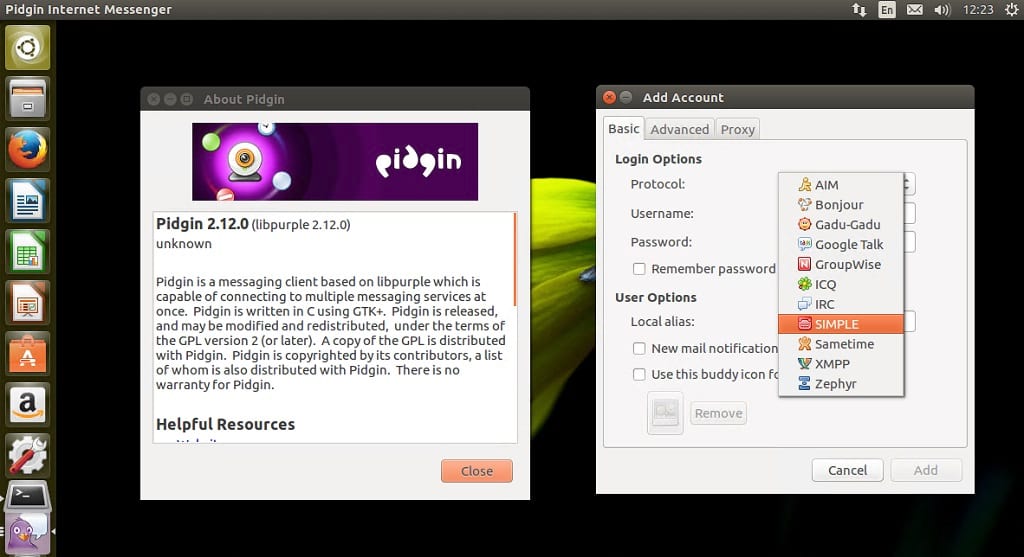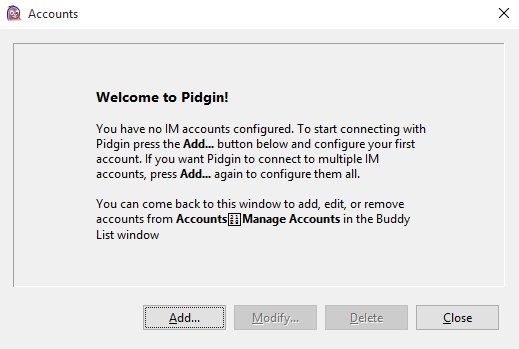
(3) Em i stap nau ma(ma) bl’ em wokim spia nau em i kam nau ma bl’ em wokim ol bet. This can clearly be seen in the following example, in which only one noun takes the pre-nominal ol although both have plural meaning. Smith (2002), “ there is a great deal of variability, and the presence or absence of ol is still somewhat unpredictable” (p 66).

Ol, clearly derived from the English ‘all’, occurs before the noun as opposed to the post-nominal English plural marking suffix -s. In Tok Pisin the most common way to express plurality is by the use of the particle ol, which at the same time is identical to the third person plural pronoun. But if there occurs the need to make a clear distinction between singular and plural both pidgins absolutely dispose of a pluralizer. Thus, the same applies to Nigerian Pidgin and Tok Pisin.

Morphology 2.1 Plural marking on nouns in Tok Pisin The majority of the English based Creole and Pidgin languages both at the Atlantic coast and the South Sea waive marking plurality on nouns or rather use it very optionally. Therefore I’ll mainly focus on the noun phrase and the verb phrase. But my intent in this work is not to elaborate on the status and function and development of the two pidgins but on their differences in grammar. If one wants to compare these two pidgins with each other, it seems almost inevitable to consider their great geographical distance as well as their historical differences. But having so many other, substrate languages influencing the development of a English-speaking country, two major pidgin languages developed: Nigerian Pidgin and Tok Pisin. Introduction Nigeria and Papua New Guinea are two of many countries which have adopted English as their main language. Seminar paper from the year 2006 in the subject English Language and Literature Studies - Linguistics, grade: 2,3, University of Freiburg (Englisches Seminar), course: Pidgins and Creoles, 7 entries in the bibliography, language: English, abstract: 1. A third is the pervasive interest of contributors in wider language issues in the social and political life of Papua New Guinea.These interests go back to the linguistic and social experience of the participants, most of whom have a long record of living among the people whose languages they have studied on a day-to-day basis, and to the relative remoteness of their inspiration from the more theoretical and perhaps ultimately untestable issues which surround the universalist approach and its claims for a bioprogram foundation for language. Another is what in fact amounts to a change in perspective from universalism, as supposedly competitive with the substratological orientation, towards a generalist approach to typology, which reduces the apparent polarity, from a theoretical point of view. Nevertheless, in this collection of papers several principal themes stand out.One is that of a revived interest in substratology, both for Tok Pisin and for Bislama. Possibility to keep chat opened while closed window.The First International Conference on Pidgins and Creoles in Melanesia was planned mainly for Tok Pisin, but no predetermined theme(s) had been proposed to the participants. Pidgin supports multilanguage interface. Pidgin also supports status messages, buddy icons, custom smilies, and typing notifications. Pidgin allows keeping comments to users from buddy list. Numerous plugins also extend Pidgin's functionality above and beyond the standard features. Pidgin supports some file transfer features, such as ability to pause, resume, and cancel transfers and observe multiple transfers in a separate window. Main Pidgin features are chat, instant messaging and file transfers. Pidgin is compatible with the following chat networks out of the box: AIM, ICQ, Google Talk, Jabber/XMPP, MSN Messenger, Yahoo!, Bonjour, Gadu-Gadu, IRC, Novell GroupWise Messenger, QQ, Lotus Sametime, SILC, SIMPLE, MySpaceIM, and Zephyr.

Pidgin is a chat program which lets you log in to accounts on multiple chat networks simultaneously.


 0 kommentar(er)
0 kommentar(er)
